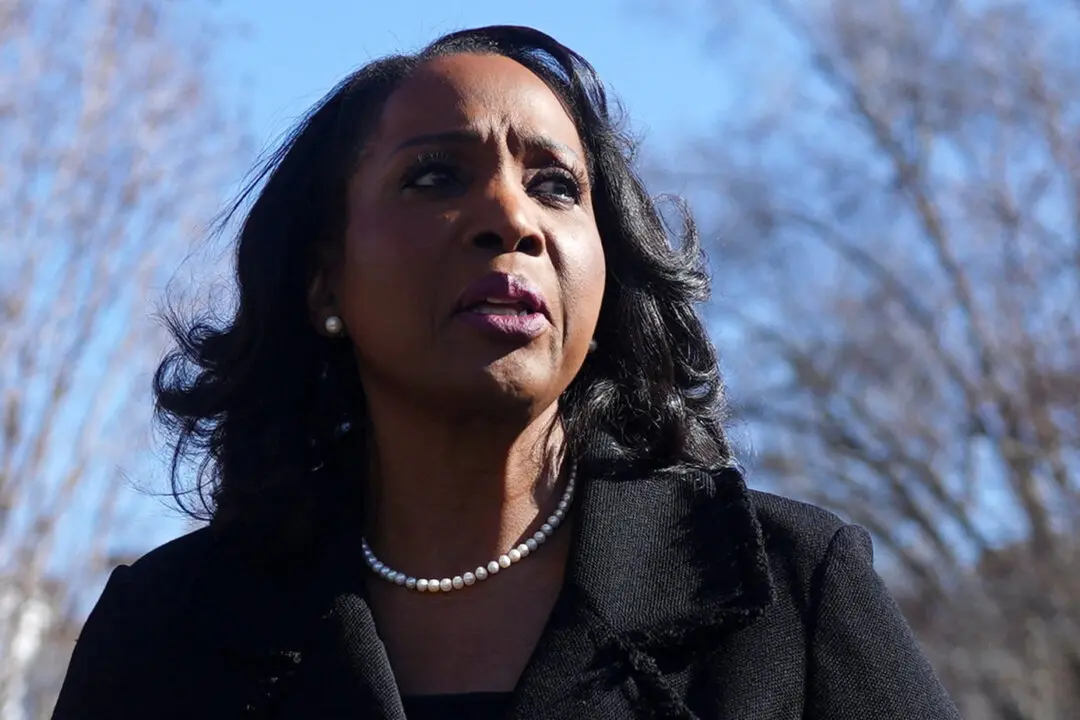A federal judge has rejected a plea deal between Boeing and the Department of Justice (DOJ) as part of the department’s ongoing case over two fatal plane crashes.
In a Dec. 5 order, Texas Judge Reed O'Connor expressed concern about provisions related to compliance with diversity and anti-fraud efforts, as well as the court’s role in the deal.





